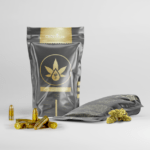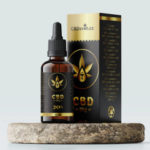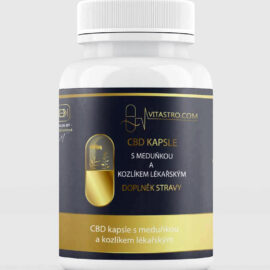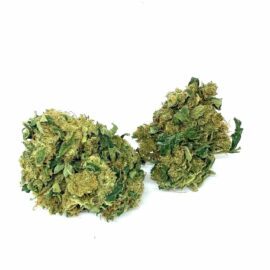Chlorella is a bright green algae composed of 50% protein. It is rich in iron, fiber, B vitamins, complex carbohydrates, polyunsaturated fats and antioxidants such as lutein and vitamin C. It has a number of health benefits, including the treatment of high cholesterol, cancer and hepatitis C. There are more than 30 different types of chlorella, the most common being Chlorella vulgaris and Chlorella pyrenoidosa.
Chlorella has been researched as an alternative food source since the 1940s. Despite efforts to harvest chlorella at the production level, the costs have been prohibitive. Chlorella was also not considered palatable to most western countries. While chlorella is used as a food in Japan, in the West it is taken as a dietary supplement. In recent years, chlorella has been marketed as a “superfood” and sold in tablet, extract, granule and powder form to treat a wide range of health conditions;
What is chlorella used for?
Proponents of alternative medicine claim that chlorella can help boost immunity and promote cell detoxification. These properties are thought to translate into a large number of potential benefits, including the prevention or treatment of the following conditions:
- Cancer
- Colds
- Constipation
- Diverticular disease
- Fibromyalgia
- High blood pressure
- High cholesterol
- Inflammatory bowel disease (IBD)
- Metabolic syndrome
- Pancreatitis
- Viral hepatitis
Some health claims are better supported by research than others, although that doesn’t mean there aren’t promising findings. Below, we review what some of the research says.
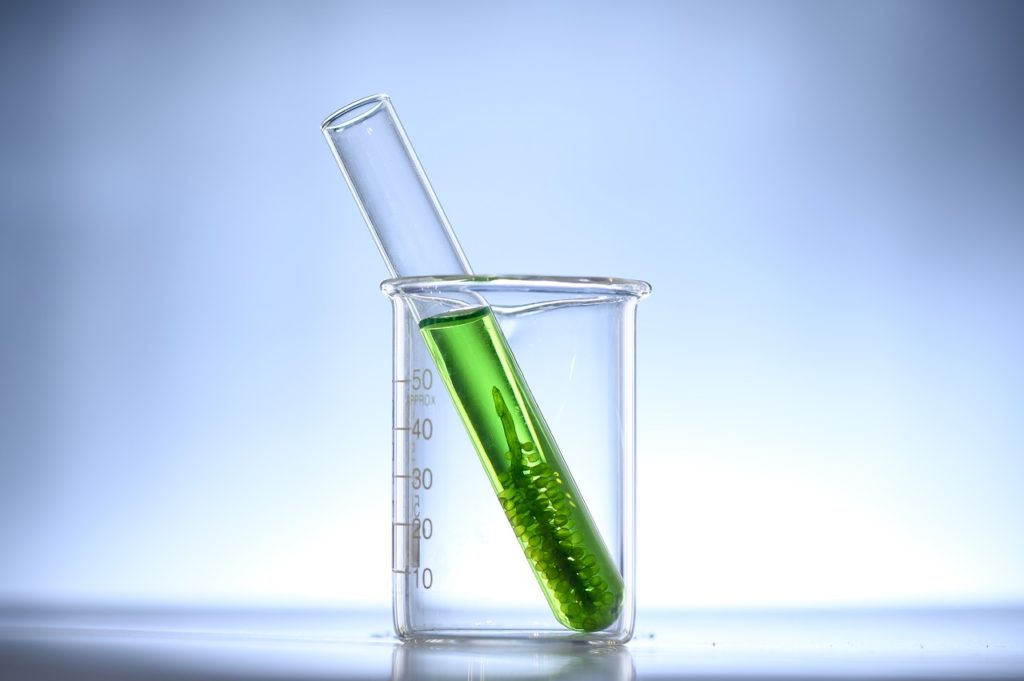
High cholesterol
According to a 2014 study (reference to study) published in the Nutrition Journal), a daily dose of 416 milligrams of chlorella improved blood lipid levels in 62 adults with moderately elevated cholesterol. Not only was there a significant reduction in total cholesterol, triglycerides and LDL (“bad”) cholesterol, but there was also an increase in HDL (“good”) cholesterol. Compared to a matched set of adults who were given a placebo, participants who were given chlorella experienced a four- to 20-fold improvement in key lipid markers. The effect was attributed to the high levels of carotenoids in chlorella, an antioxidant that may help reduce the risk of heart disease.
Hepatitis C
A 2013 study (reference without study) in the World Journal of Gastroenterology suggests that chlorella may help treat chronic hepatitis C infection by reducing levels of liver inflammation. Eighteen adults with chronic hepatitis C infection were given a dose of 30 milliliters (mL) of chlorella extract twice daily along with a dose of 1500 mg of chlorella tablets two to three times daily. After 12 weeks, participants experienced a significant reduction in liver inflammation as measured by aspartate aminotransferase (AST) and alanine aminotransferase (ALT) tests. What chlorella did not change was the viral load of hepatitis C, meaning that chlorella reduced the inflammatory symptoms of liver disease but did nothing to treat the underlying infection. In addition to the fact that the study was small, it should also be noted that there was no control group.
Pregnancy complications
There is also evidence, albeit scant, that chlorella can reduce the risk of a potentially dangerous pregnancy complication known as pre-eclampsia. In a 2010 study (link to study) in the journal Plant Food for Human Nutrition, researchers in Japan gave 70 pregnant women either a daily dose of 6 grams (6,000 mg) of a chlorella supplement or a placebo. Treatment began from the 12th to the 18th week of pregnancy and continued until the time of delivery. Compared with the placebo group, women taking chlorella had significantly higher hemoglobin levels during the second and third trimesters. In addition, they had a lower incidence of edema (tissue swelling), proteinuria (protein in the urine), and gestational hypertension (high blood pressure), all of which indicate a reduced risk of pre-eclampsia. Chlorella is also a safe natural source of folate, vitamin B-12, and iron, all of which are especially needed during pregnancy;

Cancer
As far-fetched as it may seem, chlorella may have anti-cancer properties that may one day lead to the development of new anti-cancer drugs. According to a 2009 study (link to study) from Malaysia, rats with chemically induced liver cancer (hepatocellular carcinoma) were treated with different concentrations of Chlorella vulgaris extract. The other rats were not treated and were used as a control group. After three months, the chlorella-treated rats had increased levels of caspase 8, a protein that promotes apoptosis (the normal process by which older cells die to be replaced by new healthy ones). With cancer, apoptosis is disrupted, allowing cancer cells to develop and multiply out of control.
Compared to untreated rats, rats treated with chlorella extract had significantly higher levels of caspase 8. Moreover, they increased in tandem with the dose of chlorella extract. When observed under a microscope, liver tissues taken from chlorella-treated rats showed much slower tumour cell growth (proliferation) than untreated rats. While this in no way suggests that chlorella can prevent or cure cancer, it does suggest that it may have a protective effect worthy of further investigation;
Possible side effects
Products that may be of interest to you
Chlorella is generally considered safe and well tolerated. However, it can cause side effects, especially during the first few weeks of treatment. Include:
- Bloating
- Green coloration of the stool
- Nausea
- Stomach cramps
- Diarrhoea
Most of these side effects tend to disappear as your body adjusts to the treatment. Chlorella can also cause photosensitivity, which increases the risk of sun rash and sunburn. To mitigate this effect, wear plenty of sunscreen and avoid excessive sun exposure.
People allergic to mold can also be allergic to chlorella. To be safe, take a smaller “test” dose of chlorella and wait 24 to 48 hours to see if any allergy symptoms appear. The same concerns apply if you have an allergy to iodine, as chlorella is particularly high in iodine.
High iodine also poses a risk to people with thyroid disease, as excessive iodine intake can cause worsening of hyperthyroidism symptoms or “iodine crash” in people with hypothyroidism. The safety of Chlorella in children has not been established.
Interaction
Chlorella contains high levels of vitamin K, which can promote blood clotting and reduce the effectiveness of blood thinners such as Coumadin (warfarin) and Plavix (clopidogrel);
Chlorella also has a stimulating effect on the immune system and theoretically may undermine the effectiveness of immunosuppressive drugs used to treat cancer and autoimmune diseases. These include drugs such as cyclosporine, prednisone and TNF inhibitors. To be safe, avoid chlorella if you are taking any immunosuppressive medication;
Dosage and preparation
Chlorella products can be easily obtained online and also in many natural food stores and stores specializing in dietary supplements. There are no guidelines for the proper use of chlorella. Most supplement tablets are offered in 500 mg to 1,000 mg formulations. Doses up to 6,000 mg per day have been safely taken for up to 24 weeks, even during pregnancy. Never exceed the dose recommended by the manufacturer. Start with the lowest possible dose and gradually increase it. If you do this, you can avoid gastrointestinal side effects.
If you are using a powder or liquid, use precise measurements to avoid underdosing or overdosing. Chlorella powder can be mixed with water, juice, yogurt and smoothies, but be aware that it has a slight seaweed smell and taste. Some people find that adding it to vinaigrette dressings, miso soups, stir-fries or wheatgrass can hide the smell and taste. Cooking chlorella does not reduce its nutritional value. Tablets are the easiest form of chlorella to use because the dose is controlled and consistent. You can buy CHLORELLA 100 tablets 500 mg.



